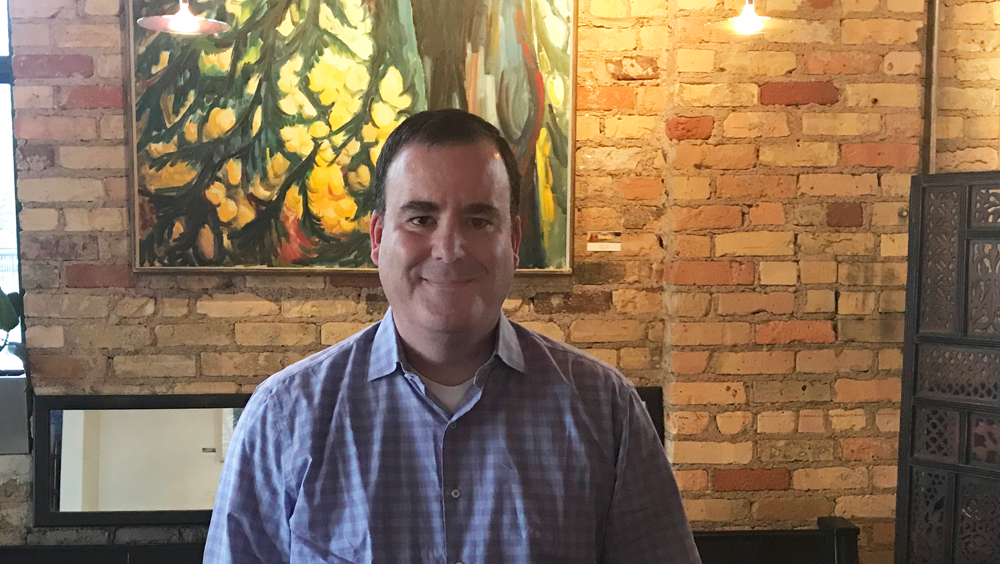Paul considers himself lucky, despite having been diagnosed with epilepsy at five years old. In addition to using EFMN’s programs and services, he came looking for ways to help those who weren’t as fortunate as him.

Paul’s Story
Simply put, giving is in Paul’s DNA. He became involved with EFMN just a few years ago, but he’s been giving back his entire life. While in college Paul gave his time and tutored high school students. This tutoring program allowed him to serve as a male role model to teenagers that grew up without a father.
“I’ve always been a very lucky guy. I was born into a great family and have been successful in my work life. People have helped me get to where I am and now it’s my responsibility to help others who may not have been as lucky as me get to where they need to be,” says Paul.
Paul’s first seizure came one week after hitting his head while playing with a friend; he was just five years old. After the initial scare and trip to the hospital, Paul went back to living his life as he wanted. His seizures were controlled by medication, allowing him to play contact sports like hockey while his mom did all the worrying for the both of them.
“I look at my medication as my security blanket that is always there. The side effects are easy enough to deal with and they allow me to live my life. I’m truly thankful I can live independently.”
After graduating from the University of St. Thomas and beginning his professional career Paul started doing even more to help others. He’s been a consistent donor to his alma mater and began making contributions to EFMN and other organizations through the United Way’s giving program.
Those contributions were the start of a relationship that’s grown to Paul volunteering at Camp Oz and the Rise Above Seizures Walk, and attending annual events like the Gala and Creative Arts Showcase.
“Camp Oz might be the most valuable thing EFMN offers as it gives kids with epilepsy an experience they couldn’t get at just any summer camp. It can be a great outlet from normal life and it’s important they’re able to go back year after year to a place that truly cares about them,” says Paul.
Something you can’t miss when talking with Paul is his gratitude and give-first mindset. He hardly mentions a success in his life without giving credit to someone who helped or made it possible. Even when talking about his first seizure Paul mentions the neighbor who came over to watch his siblings while he went to the hospital.
“If you are lucky like me and able to get over the threshold to be seizure free, remember to pay it forward, and more importantly realize you’re one of the lucky ones,” says Paul.
